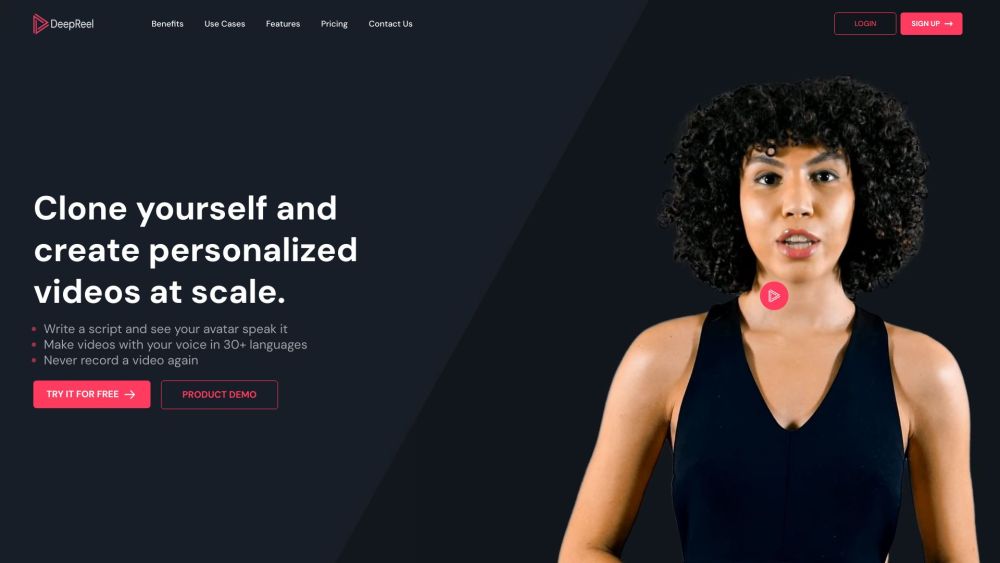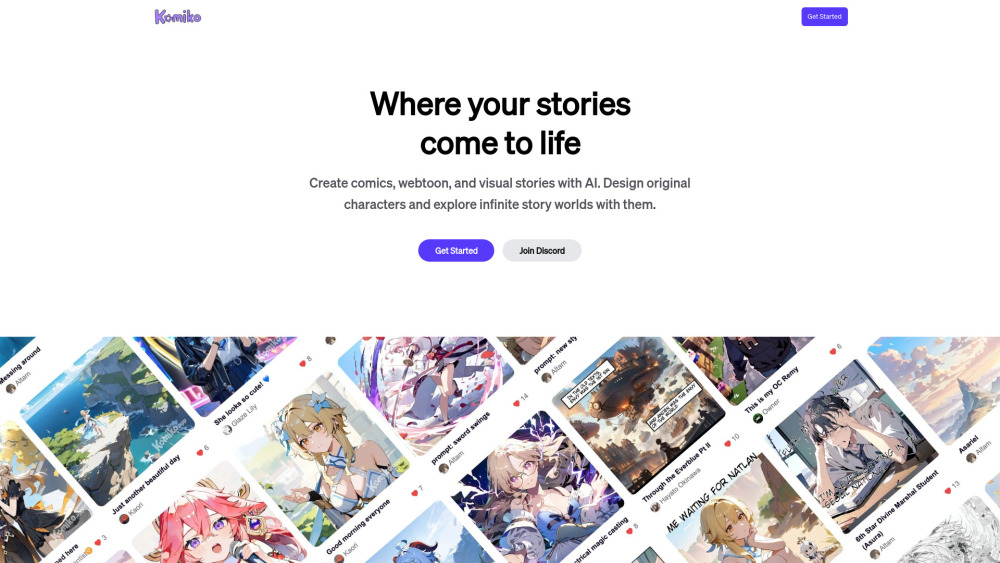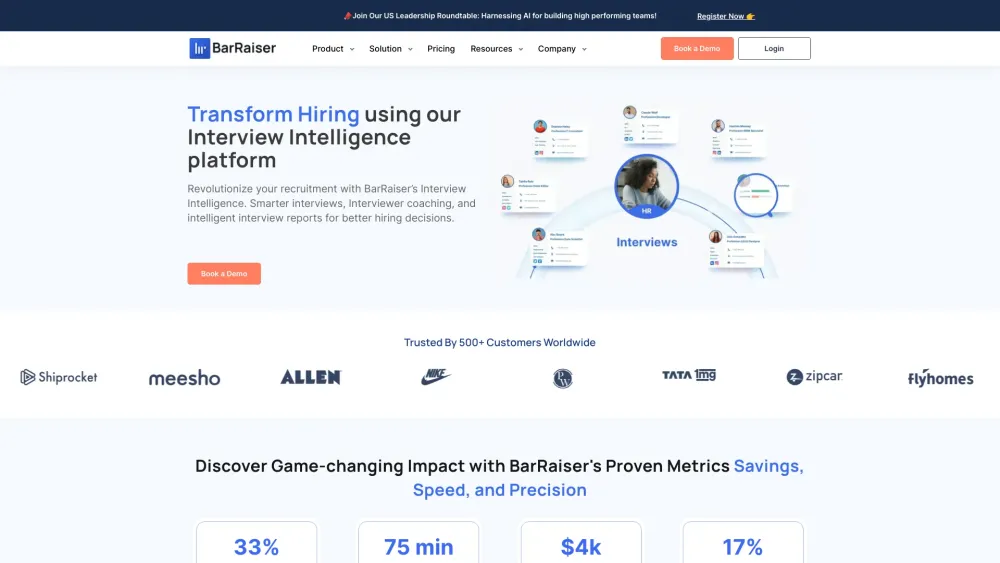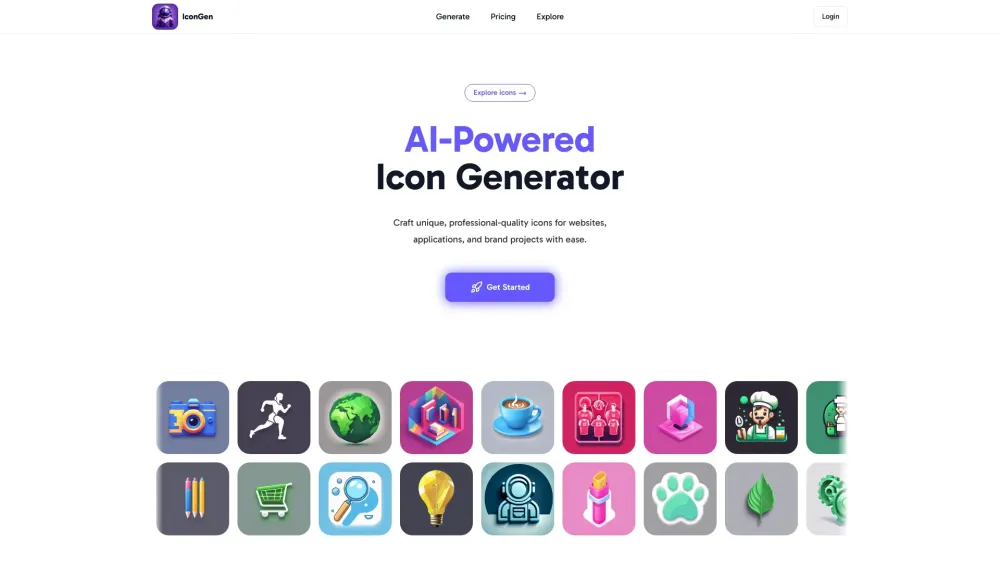Google is introducing a new Gemini AI side panel for Gmail, designed to assist users in composing emails and summarizing email threads. In addition to Gmail, Gemini will also be integrated into Google Docs, Sheets, Slides, and Drive. This new rollout follows Google's announcement of these innovative features at the recent I/O developer conference, which notably highlighted the company's commitment to advancing artificial intelligence.
With the Gemini integration in Gmail, users can receive assistance in drafting emails, as well as suggested responses to incoming messages. You can even pose questions to Gemini to locate specific details within your inbox or examine documents stored in your Google Drive.
Google emphasizes that while Gemini in Gmail will offer prompts to guide your inquiries, you're free to ask your own questions. For example, you might ask Gemini: “What was the PO number for my agency?” or “How much did the company spend on the last marketing event?”
These advanced features are exclusively accessible to Google Workspace users who have a Gemini Business or Enterprise add-on, a Gemini Education or Education Premium add-on, or a Google One AI Premium subscription.
Features in Google Docs, Sheets, Slides, and Drive
In Google Docs, the Gemini side panel can facilitate writing and refine your content, summarize information, and help generate new ideas. You can also create content based on existing documents. In Google Slides, Gemini can assist in generating new slides and custom images, as well as summarizing presentations effectively.
The Gemini panel extends its capabilities to Google Sheets, where it can help you organize and manage your data. It enables you to create tables, generate formulas, and provide guidance on completing various tasks. Within Google Drive, this tool can summarize documents and deliver quick insights about specific projects, enhancing productivity.
Similar to the Gemini panel in Gmail, a paid Gemini subscription is required to utilize these features in Docs, Slides, Sheets, and Drive.
As the latest tech giant to embed generative AI features in its widely used applications, Google joins other industry leaders. Earlier this year, Meta introduced its AI chatbot to platforms like Instagram and WhatsApp, while Apple recently announced plans to integrate generative AI functionalities into its ecosystem, including Siri, Messages, Mail, and Notes.
The growing trend of incorporating AI into everyday applications may not resonate with all users. While there is anticipation surrounding Apple’s forthcoming AI features, there was notable resistance when Meta integrated its AI chatbot into Instagram's search function. Up until now, users who were uninterested in generative AI tools, such as OpenAI's ChatGPT, had the option to sidestep these advancements. However, as major tech companies persist in integrating AI into their core applications, avoiding generative AI is likely to become increasingly challenging.





